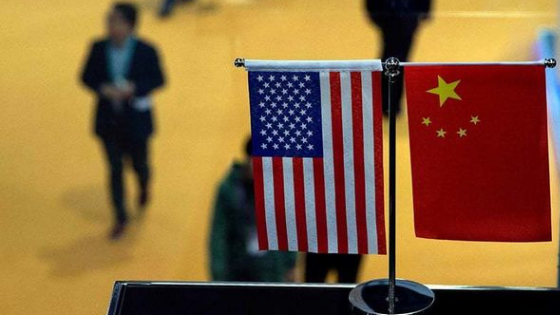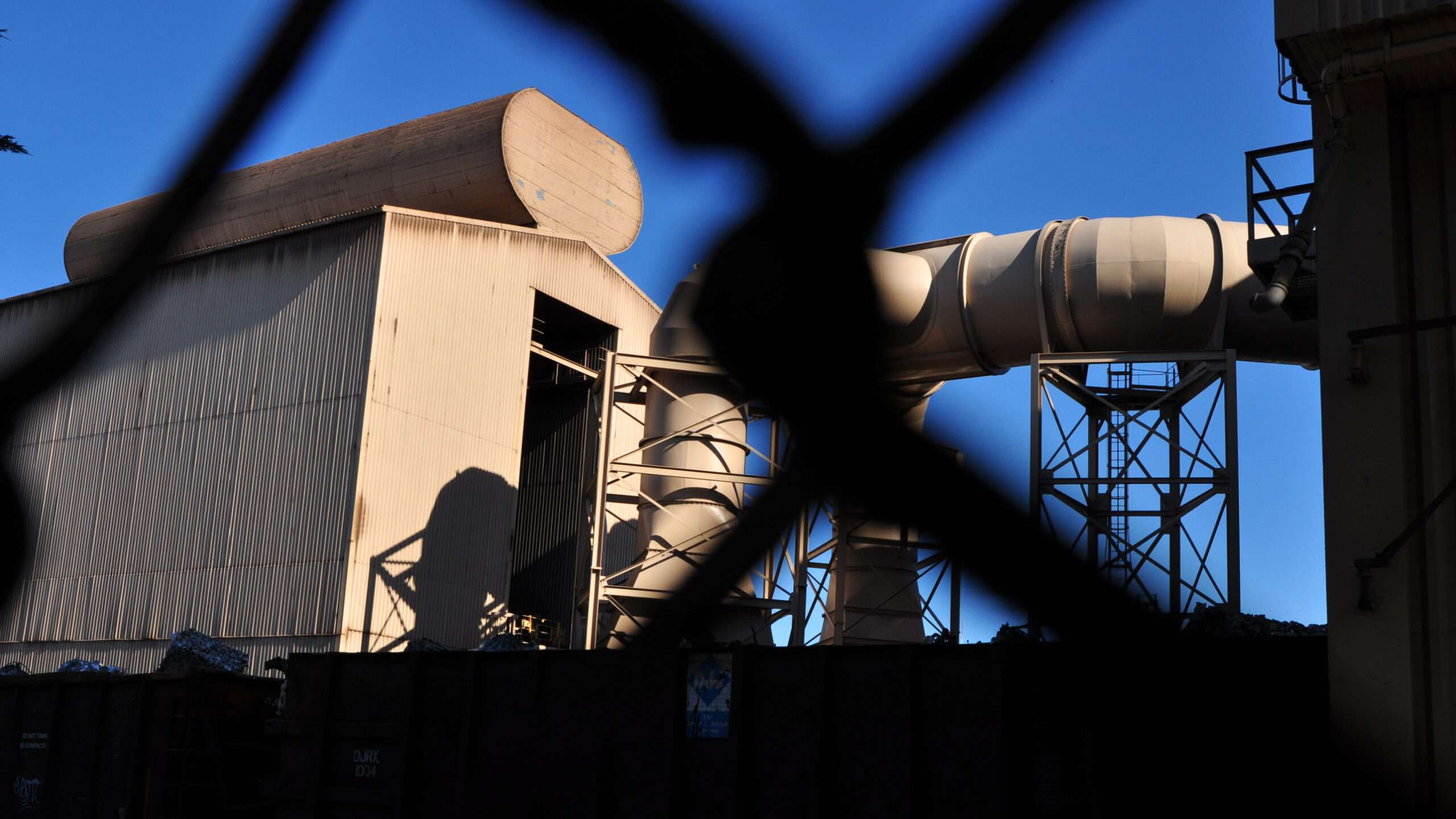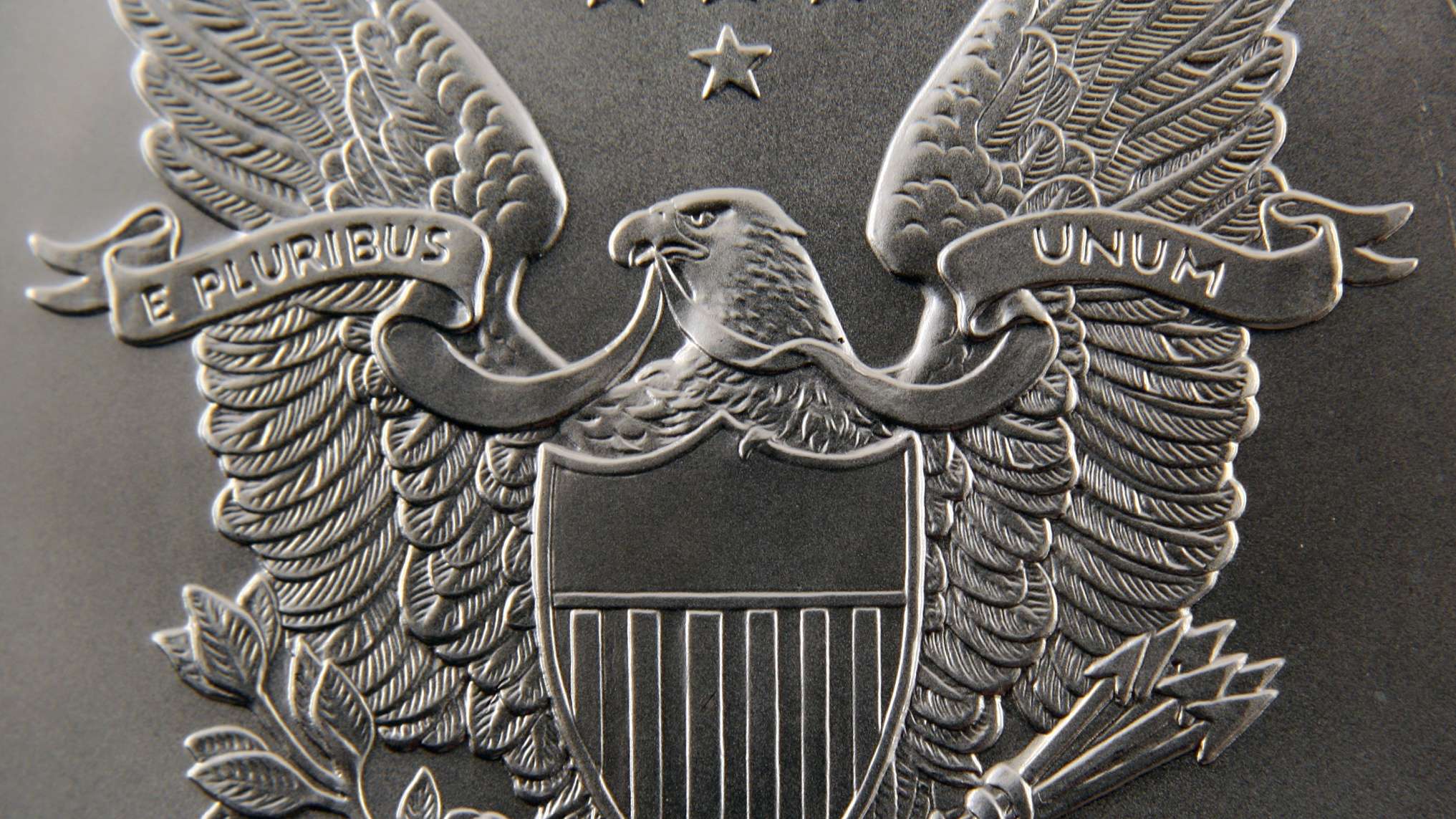Washington.The Coalition for a Prosperous America (CPA) reacted cautiously to President Trump’s announcement of the principal details of a potential ‘Phase One’ agreement with China.
“I commend President Trump, Ambassador Lighthizer, and Secretary Mnuchin for their unprecedented work to address the multi-dimensional challenges posed by China’s whole-of-government strategy—which has long eroded America’s military, economic, and geopolitical strength,” said Dan DiMicco, Chairman of CPA. “However, hardliners in Beijing have not yet agreed to terms, and they may yet reject this deal—just as they did last May.”
On Friday, October 11, the president announced a “Phase One” agreement with China. In principal, the oral agreement discussed by the president covers agriculture, intellectual property, financial services, currency, and trade enforcement. However, the overall details are unclear and not fully developed. It’s expected that the United States will keep in place existing tariffs against Chinese imports, but will not raise them. And the agreement will not be finalized until the parties produce a written agreement—planned within five weeks—so President Trump and Chinese President Xi can hold a signing ceremony at an economic summit in Chile.
Elements of the deal:
Agriculture: China has agreed to reduce tariffs on US agricultural products, purchase $40-50 billion worth of agricultural products over the next two years, and eliminate certain technical rules blocking US agricultural products.
Intellectual property: The president stated that some intellectual property items would be covered in Phase One. But more is expected in a possible Phase Two agreement.
Financial services: Beijing agreed to allow US financial services firms to operate in China, relaxing rules that forced them to form joint ventures with Chinese counterparts.
Currency and exchange rates: There appears to be an agreement on currency and exchange rates. But the details are unknown.
Enforcement: Trade enforcement mechanisms have not been publicly discussed. At present, they may not be fully developed or accepted. Treasury Secretary Steven Mnuchin said that both parties will set up offices to deal with disagreements, and resolve them before resorting to enforcement actions.
Tariffs: The US will continue existing tariffs, but will not increase them. There was no decision on whether planned tariffs on a final list of goods will take effect on December 15. However, it is expected that a written Phase One deal would result in delaying or halting new tariffs.
“President Trump’s actions to date have reduced the US-China trade imbalance, prevented or slowed the dangerous theft of intellectual property, and brought China to the table,” said DiMicco. “Past presidents created this problem by assuming more trade would liberalize China. That hasn’t worked. Now, if this deal becomes final, it could represent a good first step. While we have serious concerns, it provides a chance to determine whether China is changing and will abide by agreements — or not. Decoupling from China should be an option that is strongly considered.”
“We are pleased that the president is keeping existing tariffs in place as they have helped our member companies grow their market share, hire more workers, and increase wages,” said Michael Stumo, CEO of CPA. “We congratulate the president’s team for their progress to date, and we know they have the right goals, even though we are skeptical that China will change, comply, or avoid frustrating the agreement in other ways.”
Stumo continued, “Farm prices are rebounding, but we continue to urge the creation of an aggressive agricultural industry strategy to reduce the boom-bust cycles that are driving farmers and ranchers out of business. Because the US dollar is fundamentally misaligned in relation to both China’s renminbi and other major currencies, we urge the administration to avoid language that would prevent us from realigning the dollar exchange rate.”
CPA continues to urge the administration to scrutinize Chinese companies that pose risks to America’s national and economic security. Additionally, the administration should require that meat products bear a country of origin label, and should delist Chinese companies from US equities markets when they avoid auditing oversight or engage in sanctionable conduct.
Media Contact:
Melissa Tallman, Marketing and Communications Director
202.688.5145 ext 3













